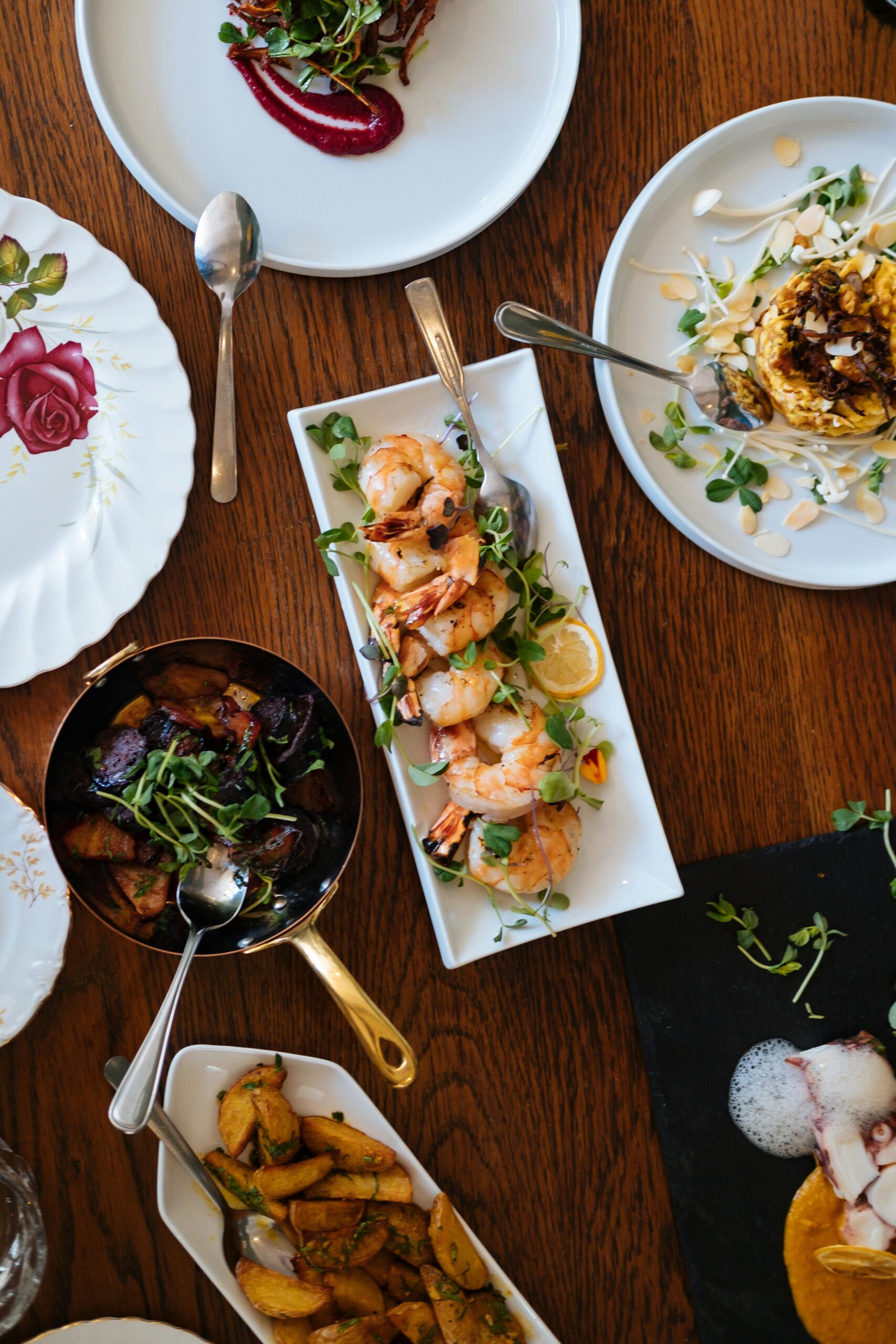
Pregnancy is a time of immense joy and excitement for expectant mothers. It is a time when the body undergoes significant changes to support the growth and development of the growing fetus. During pregnancy, it is essential for expectant mothers to pay close attention to their diet and ensure they are getting adequate nutrition for both themselves and their baby.
Eating a healthy and well-balanced diet during pregnancy is crucial for the health and wellbeing of both the mother and the baby. Certain foods can provide essential nutrients necessary for the baby’s growth, while others can potentially harm the baby or cause complications during pregnancy. In this article, we will discuss the top foods to eat and avoid during pregnancy to help expectant mothers make informed decisions about their diet.
Foods to Eat During Pregnancy:
1. Fruits and Vegetables: Fruits and vegetables are rich in essential vitamins, minerals, and antioxidants that are crucial for the health of both the mother and the baby. They provide important nutrients such as folic acid, vitamin C, and fiber, which help support the baby’s development and prevent birth defects. Aim to include a variety of colorful fruits and vegetables in your diet to ensure you are getting a wide range of nutrients.
2. Whole Grains: Whole grains are an excellent source of complex carbohydrates, fiber, and important nutrients such as iron and B vitamins. They provide sustained energy and can help prevent constipation, a common issue during pregnancy. Include foods such as whole grain bread, brown rice, quinoa, and oats in your diet to ensure you are getting an adequate amount of fiber and nutrients.
3. Lean Protein: Protein is essential for the growth and development of the baby, as well as for the maintenance of the mother’s body tissues. Lean sources of protein include poultry, fish, tofu, legumes, and eggs. Aim to include a variety of protein sources in your diet to ensure you are getting all the essential amino acids necessary for both you and your baby.
4. Dairy Products: Dairy products are rich in calcium and protein, essential nutrients for the development of the baby’s bones and teeth. Include foods such as milk, yogurt, and cheese in your diet to ensure you are getting an adequate amount of calcium. If you are lactose intolerant, consider alternative sources of calcium such as fortified plant-based milk or supplements.
5. Healthy Fats: Healthy fats are important for the baby’s brain development and the mother’s overall health. Include sources of healthy fats such as avocados, nuts, seeds, and olive oil in your diet to ensure you are getting essential fatty acids such as omega-3 and omega-6. These fats also help support the absorption of fat-soluble vitamins such as vitamin D.
6. Iron-Rich Foods: Iron is crucial for the production of red blood cells and the prevention of anemia, a common issue during pregnancy. Include foods such as lean red meat, poultry, fish, beans, and leafy green vegetables in your diet to ensure you are getting an adequate amount of iron. Consider taking a prenatal vitamin supplement containing iron to prevent deficiencies.
7. Foods Rich in Folic Acid: Folic acid is a B vitamin that is crucial for the prevention of neural tube defects in the baby. Include foods such as leafy green vegetables, citrus fruits, fortified cereals, and beans in your diet to ensure you are getting an adequate amount of folic acid. Consider taking a prenatal vitamin supplement containing folic acid to ensure you are getting enough of this important nutrient.
Foods to Avoid During Pregnancy:
1. Alcohol: Alcohol consumption during pregnancy can harm the baby’s development and increase the risk of birth defects, developmental delays, and behavior problems. It is recommended to avoid alcohol completely during pregnancy to protect the health of the baby.
2. Raw or Undercooked Meats: Raw or undercooked meats can contain harmful bacteria such as Listeria, Salmonella, and E. coli, which can cause foodborne illnesses in pregnant women. It is important to cook all meats thoroughly to kill any harmful bacteria and prevent infections that could harm the baby.
3. Raw Eggs: Raw eggs can contain harmful bacteria such as Salmonella, which can cause foodborne illnesses in pregnant women. It is important to avoid consuming foods that contain raw or undercooked eggs, such as homemade mayonnaise, Caesar salad dressing, and cookie dough.
4. High-Mercury Fish: Certain types of fish such as shark, swordfish, king mackerel, and tilefish are high in mercury, a toxic metal that can harm the baby’s developing nervous system. It is recommended to avoid these types of fish and opt for low-mercury options such as salmon, shrimp, and trout.
5. Deli Meats and Unpasteurized Cheeses: Deli meats and unpasteurized cheeses can contain harmful bacteria such as Listeria, which can cause foodborne illnesses in pregnant women. It is important to heat deli meats until steaming hot and avoid unpasteurized cheeses to prevent infections that could harm the baby.
6. Caffeine: High levels of caffeine consumption during pregnancy have been linked to an increased risk of miscarriage and low birth weight. It is recommended to limit caffeine intake to no more than 200 mg per day, which is equivalent to one 12 oz cup of coffee.
7. Artificial Sweeteners: Artificial sweeteners such as saccharin, aspartame, and sucralose have been linked to adverse effects on the baby’s development and should be avoided during pregnancy. Opt for natural sweeteners such as honey, maple syrup, and stevia instead.
In conclusion, eating a healthy and well-balanced diet during pregnancy is essential for the health and wellbeing of both the mother and the baby. It is important to focus on consuming a variety of nutrient-rich foods such as fruits, vegetables, whole grains, lean protein, dairy products, healthy fats, iron-rich foods, and folic acid-rich foods to ensure you are getting all the essential nutrients necessary for a healthy pregnancy. It is equally important to avoid certain foods that can pose a risk to the baby’s development and cause complications during pregnancy. By following these guidelines and making informed choices about your diet, you can support a healthy pregnancy and give your baby the best start in life.






